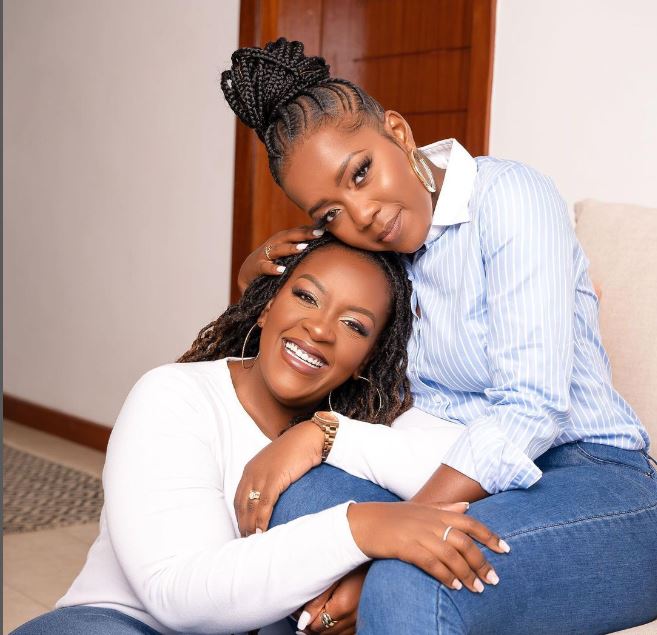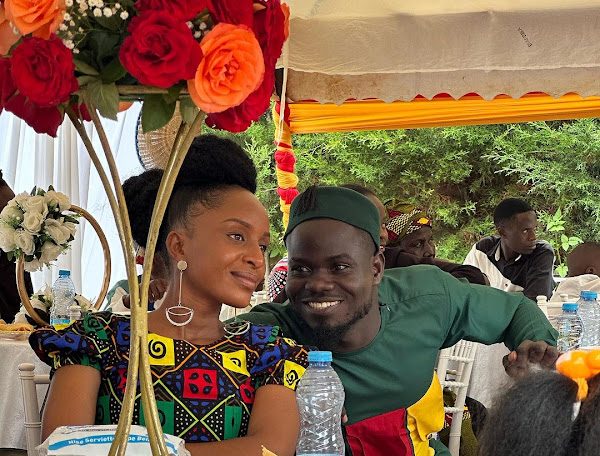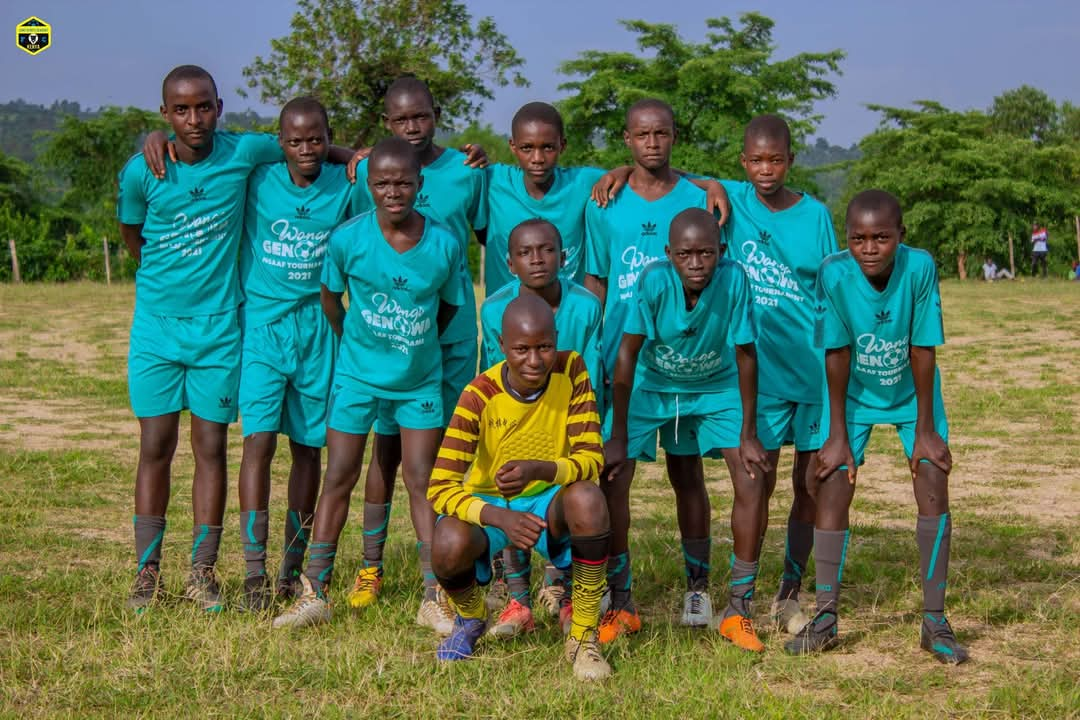Kamene Goro’s Dating Advice: A Call for Freedom or a Misstep in Values?
Yesterday Kenyan media personality Kamene Goro sparked a firestorm of debate with her latest dating advice aimed at women in their early 20s. Speaking on live radio, Goro urged young women not to “limit themselves to one man,” encouraging them to explore, experiment, and even date multiple partners—up to three at a time—if they so desire. Her message, rooted in the idea of self-discovery and understanding one’s preferences before settling down, has divided opinions across Kenya. While some see her words as a liberating call for women to embrace their youth and agency, others view it as a dangerous drift from traditional values, potentially promoting irresponsibility. As a 33-year-old media figure with a history of public relationship struggles, Goro’s advice raises questions about the role of celebrity influence, the evolving dynamics of dating in Kenya, and the balance between freedom and responsibility.
Goro’s core argument is that young women should take their 20s as a time to experiment and learn what they truly want in a partner. “How are you going to know what you like if you are stuck with one frog?” she asked, emphasizing the importance of dating widely to discover personal preferences—whether that’s a “bad boy,” a “born-again” man, or someone who enjoys movie dates over staying in. She clarified that her advice was about dating, not sleeping around, and stressed that it should be done responsibly. “I did not say go and have sex with everybody,” she said in response to backlash, urging critics to “calm down” and stop misconstruing her message as promoting promiscuity.
On the surface, Goro’s advice resonates with a modern, urban Kenyan audience, particularly Gen Z and millennials who are increasingly challenging traditional norms around relationships. In a society where women have historically been pressured to settle down early, often at the expense of their own desires, her words can be seen as empowering. Why should a 22-year-old woman tie herself to one man, especially if she’s still figuring out who she is? Goro’s own life experiences—her viral breakup via WhatsApp from her ex-husband, her struggles with love, and her eventual marriage to DJ Bonez in 2023—lend her a certain credibility. She’s been through the wringer and emerged with a perspective that prioritizes self-awareness over societal expectations. For many young women, this message might feel like a breath of fresh air, a permission slip to explore without shame.
But there’s another side to this coin, one that has fueled significant criticism. Kenya remains a deeply traditional society, particularly in rural areas where dating multiple partners can be seen as a moral failing, especially for women. Even in urban settings like Nairobi, where modern lifestyles are more accepted, the idea of dating three men at once can come across as reckless, particularly when advised by a public figure like Goro. Critics argue that her words, even if well-intentioned, could be interpreted as endorsing a “reckless” dating culture that undermines the value of commitment and stability. Some netizens have pointed out the potential emotional toll of juggling multiple partners, questioning whether such an approach truly leads to self-discovery or simply creates confusion and heartbreak. Others have gone further, accusing Goro of being a poor role model, citing her past admission of sleeping with 27 men—a revelation that cost her corporate deals and drew heavy trolling in 2023.
There’s also the question of Goro’s influence as a celebrity. With a large following and a platform on radio, her words carry weight, especially among impressionable young women. But should someone with her tumultuous relationship history be doling out advice on love? Goro has been open about her struggles—her divorce before 30, her failed engagements, and her candid reflections on being “unlucky in love.” While her transparency is commendable, it also makes her a polarizing figure. As one critic noted in 2022, “Never take advice from someone whose life you do not envy.” Goro’s defenders might argue that her experiences make her uniquely qualified to speak on the pitfalls of rushing into commitment, but her detractors see her as someone whose personal choices don’t align with the stability many young women might aspire to.
The broader cultural context in Kenya adds another layer of complexity. The dynamics of relationships here are evolving, with urban and rural settings experiencing different levels of transformation. In cities, modern dating apps and globalized views on romance have normalized more casual approaches to relationships. But in rural areas, traditional expectations—like early marriage and monogamous courtship—still hold strong. Goro’s advice, while perhaps practical for a Nairobi-based 20-something, might feel out of touch or even harmful for a young woman in a more conservative setting, where dating multiple men could lead to social ostracism or worse.
Moreover, Goro’s emphasis on “kissing all the frogs” to find a prince charming overlooks the emotional maturity required to navigate multiple relationships responsibly. Dating three people at once might sound liberating, but it also risks leading to emotional burnout, jealousy, or even manipulation if not handled with care. Goro’s clarification that she meant “dating, not sleeping around” is a fair point, but in a society where the lines between dating and intimacy can blur, her advice could easily be misinterpreted by a younger audience.
Ultimately, Goro’s dating advice reflects a broader tension in Kenyan society: the push for individual freedom versus the pull of collective values. Her call for women to explore their options is a valid one, especially in a world where women are increasingly asserting their autonomy. But it’s a message that needs to come with a stronger emphasis on responsibility, emotional intelligence, and cultural sensitivity. Goro’s platform gives her a unique opportunity to shape the conversation around modern dating, but with that power comes the need for nuance. Young women in their 20s should absolutely take time to discover themselves, but they also deserve guidance that acknowledges the complexities of relationships in a Kenyan context—not just a blanket endorsement of dating multiple partners.
As the debate rages on, one thing is clear: Kamene Goro has once again proven her ability to stir conversation and challenge norms. Whether her advice will empower a generation of women or lead them astray remains to be seen. For now, perhaps the best takeaway is this: explore, yes, but do so with intention, self-respect, and an awareness of the world around you. After all, freedom in dating shouldn’t come at the cost of one’s emotional well-being or societal harmony.









